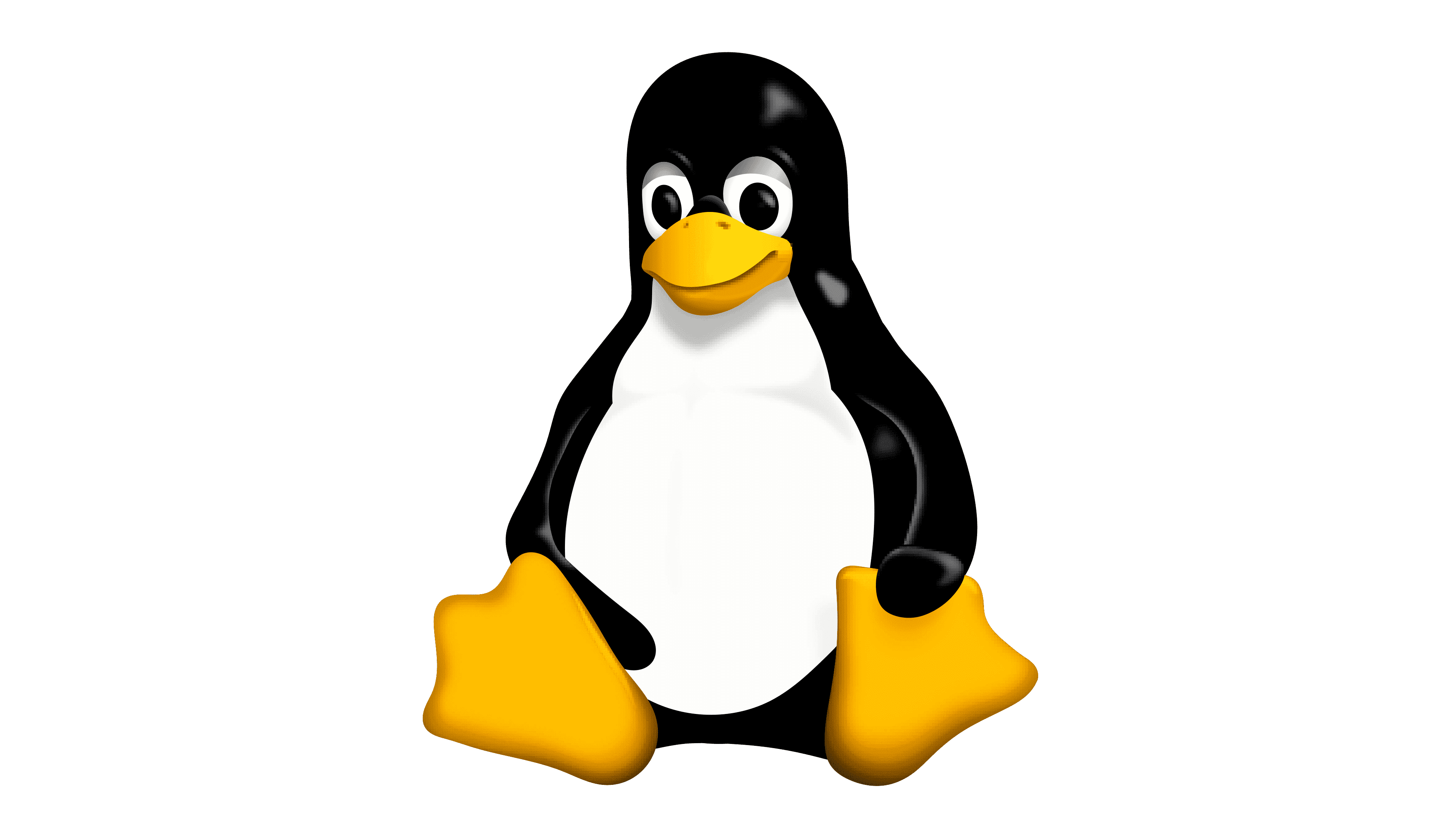
Linux OS: The Open-Source Operating System for Power Users
By Adedayo Oyetoke, Published on: May 27th 2023 4 min, 747 word Views: 2742
Linux is an open-source operating system that has gained popularity among power users and developers for its flexibility, security, and customization options. Linux offers a wide range of distributions, each with its own unique features and benefits. In this blog post, we'll explore the world of Linux, the benefits and challenges of using Linux, and the tools and resources available for getting started with this powerful operating system.
The World of Linux
The world of Linux is vast and varied, with many different distributions and versions available. Some popular Linux distributions include:
- Ubuntu: Ubuntu is one of the most widely used Linux distributions, known for its user-friendly interface and extensive software ecosystem. It offers a balance between stability and cutting-edge features, making it suitable for both beginners and advanced users.
- Fedora: Fedora is a community-driven distribution sponsored by Red Hat. It focuses on delivering the latest software packages, making it a great choice for users who want access to bleeding-edge technologies. It also emphasizes security and innovation.
- Debian: Debian is a highly respected Linux distribution known for its stability and strict adherence to free software principles. It provides a vast repository of software packages and is widely used as the foundation for many other distributions.
- Arch Linux: Arch Linux is a lightweight and flexible distribution that follows a "do-it-yourself" philosophy. It offers a minimalistic approach, allowing users to build their customized system by installing only the necessary components. Arch Linux is popular among advanced users who prefer a highly customizable environment.
- openSUSE: openSUSE is a user-friendly distribution that focuses on ease of use and a polished desktop experience. It offers different editions tailored for different use cases, such as the Leap edition for stability and the Tumbleweed edition for rolling releases with the latest software.
- CentOS: CentOS is a community-driven distribution that aims to provide a free and open-source enterprise-grade operating system. It is based on the source code of Red Hat Enterprise Linux (RHEL) and offers long-term support, making it a popular choice for servers and enterprise environments.
- Linux Mint: Linux Mint is a beginner-friendly distribution based on Ubuntu. It provides a user-friendly desktop environment and includes various multimedia codecs and proprietary software out-of-the-box, ensuring a smooth multimedia experience for users.
- Elementary OS: Elementary OS is a visually appealing distribution that aims to provide a clean and intuitive user interface similar to macOS. It emphasizes simplicity and focuses on providing a cohesive and polished user experience.
- Gentoo: Gentoo is a highly customizable and performance-oriented distribution that allows users to build their system from source code. It employs a package management system called Portage, which compiles software specifically for the user's hardware, resulting in optimized performance.
- Manjaro: Manjaro is an Arch Linux-based distribution that aims to provide an accessible and user-friendly experience without sacrificing the flexibility and benefits of Arch Linux. It offers various desktop environments and provides an intuitive installation process for beginners.
Benefits of Linux
1. Flexibility: Linux is a highly flexible operating system that can be customized to meet the needs of individual users and organizations.
2. Security: Linux is known for its strong security features, making it a popular choice for servers and enterprise environments.
3. Cost: Linux is an open-source operating system, which means that it is free to use and distribute.
Challenges of Linux
1. Learning Curve: Linux can have a steep learning curve for users who are not familiar with the command-line interface.
2. Compatibility: Some software and hardware may not be compatible with Linux, which can be a challenge for users who rely on specific applications or devices.
3. Support: While there is a large community of Linux users and developers, support can be a challenge for users who are not familiar with the operating system.
Tools and Resources for Linux
1. Online Tutorials: Online tutorials and videos can provide step-by-step instructions for using and customizing Linux.
2. Linux Distributions: Linux distributions like Debian and Fedora offer user-friendly interfaces and support for a wide range of hardware and software.
3. Linux Communities: Linux communities like LinuxQuestions.org and the Linux Foundation offer support and resources for users and developers.
Conclusion
Linux is a powerful and flexible operating system that offers many benefits for power users and developers. While there are challenges to using Linux, the benefits are clear, and there are many tools and resources available for getting started with this open-source operating system. As you explore the world of Linux, it's important to consider the potential benefits and challenges and find a distribution that meets your needs and preferences.
